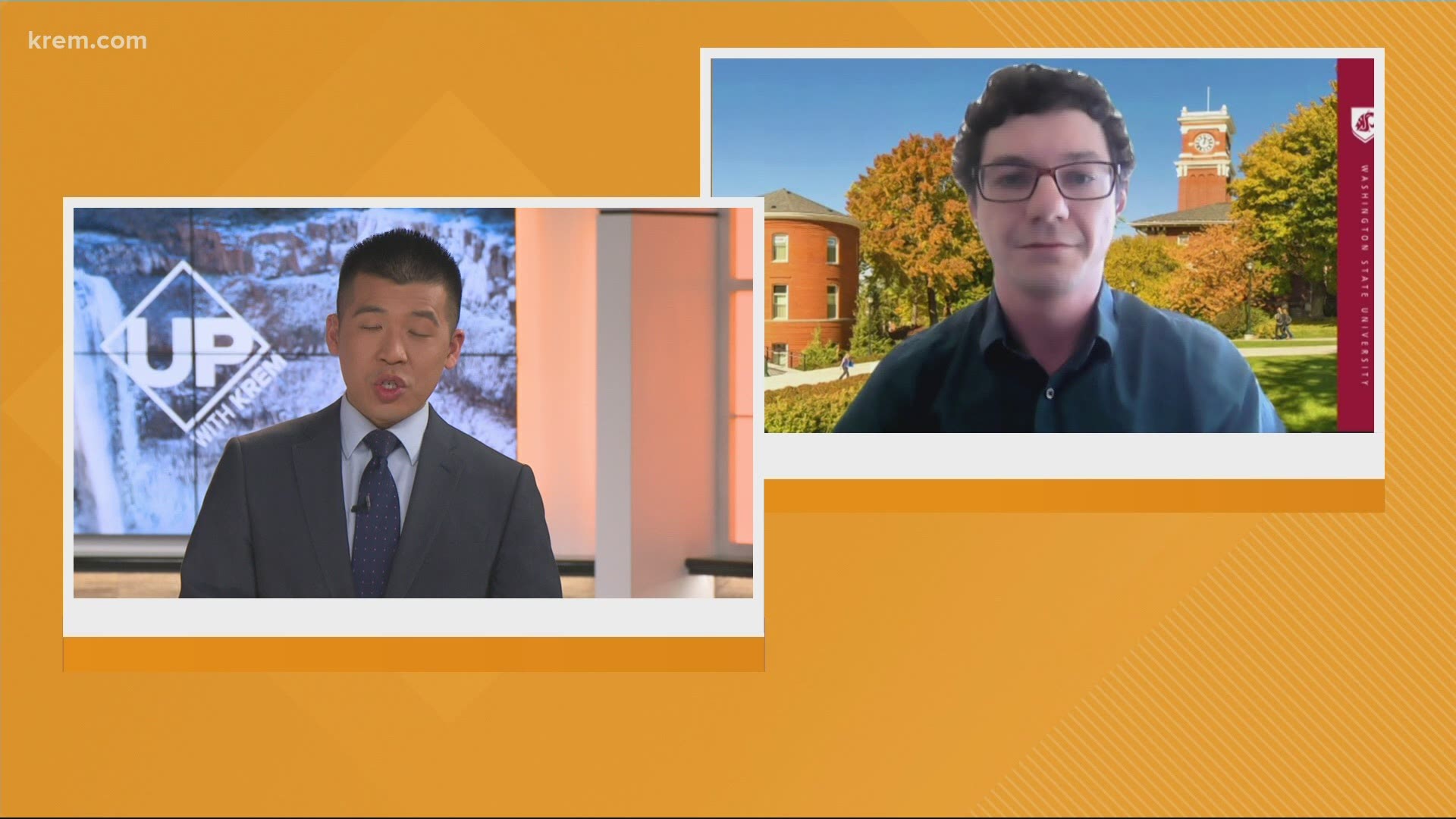PULLMAN, Wash. — Misinformation surrounds people in their daily lives. A program called MisinfoDay through the University of Washington Center for an Informed Public and the Washington State University, Edward R. Murrow College of Communication wants to teach middle school and high school age students how to spot it themselves.
The event will happen on Thursday, March 18 via livestream on YouTube. The session is open to middle school and high school but is targeted toward high school students. The registration deadline for the event is Thursday, March 11.
Jordan Foley, an assistant professor at the Murrow College of Communication will lead a session about disinformation campaigns and the motivations behind them at the event.
"We're not necessarily just talking about people in your family who are sharing information that may not be true," Foley said. The day will be focused on intentional campaigns used to spread information for a certain purpose.
At Murrow College, he researches how political information and misinformation flows across digital platforms over time and how journalists report on political conflict and controversy.
Targeting students when they are in the classroom is an important aspect of learning about misinformation and politics, Foley said.
The mission of the UW Center for an Informed Public is to resist misinformation, promote an informed society and strengthen democratic discourse. These are some of the things that will be discussed on MisInfoDay with students.
"What happens in the classroom and interactions with their peers and when they're in school are really where they develop the information hygiene habits of tracking down correct information," Foley said.
It's also important that students can have conversations about the misinformation not just identify it, he said.
For many people not used to doing this can be very hard. It's not just a one-time thing or event for students but something they have to work at every day.
"It's a constant process of building habits for when you're encountering information and making sure you're doing you're due diligence to track down and actively seek out good information, " Foley said.

